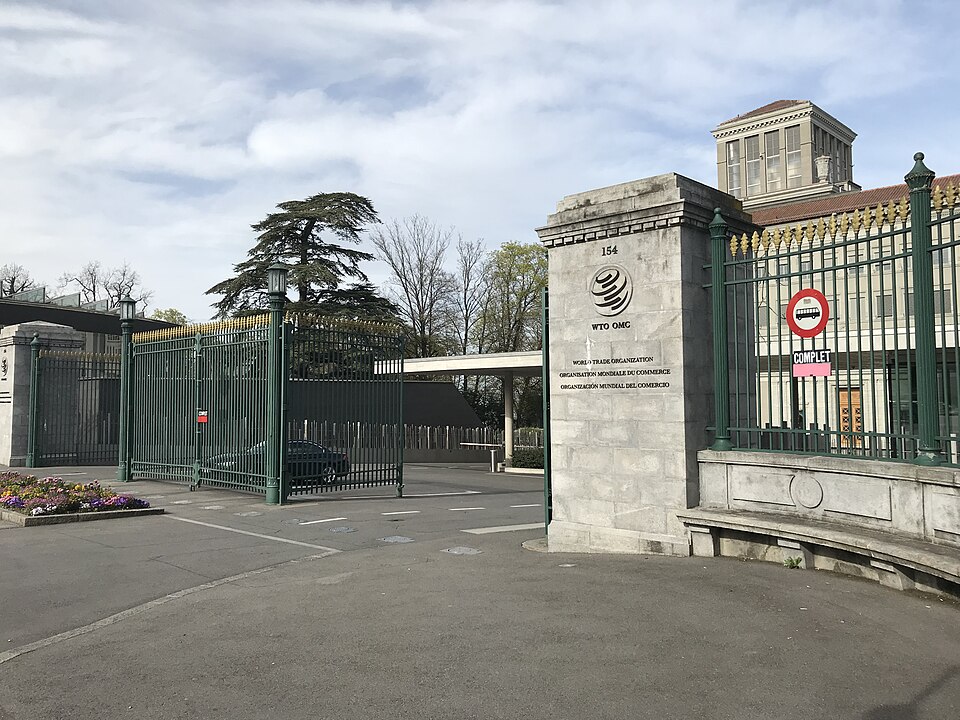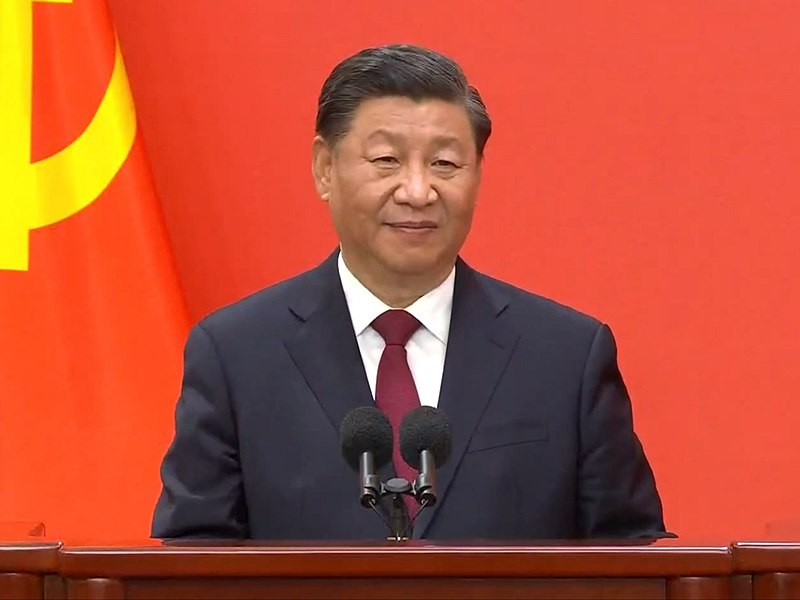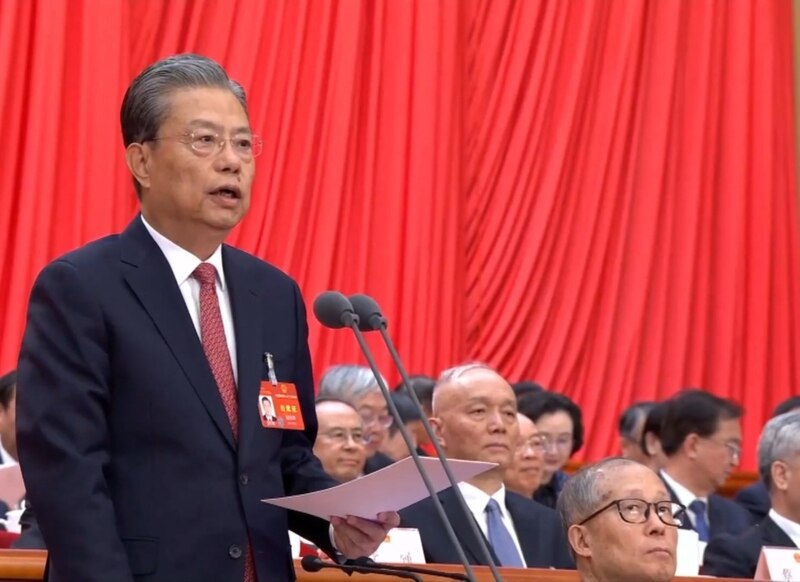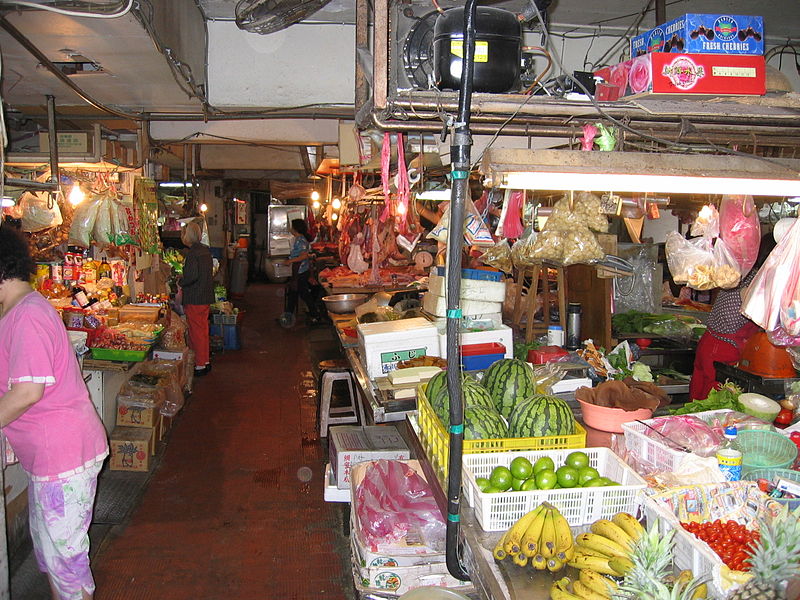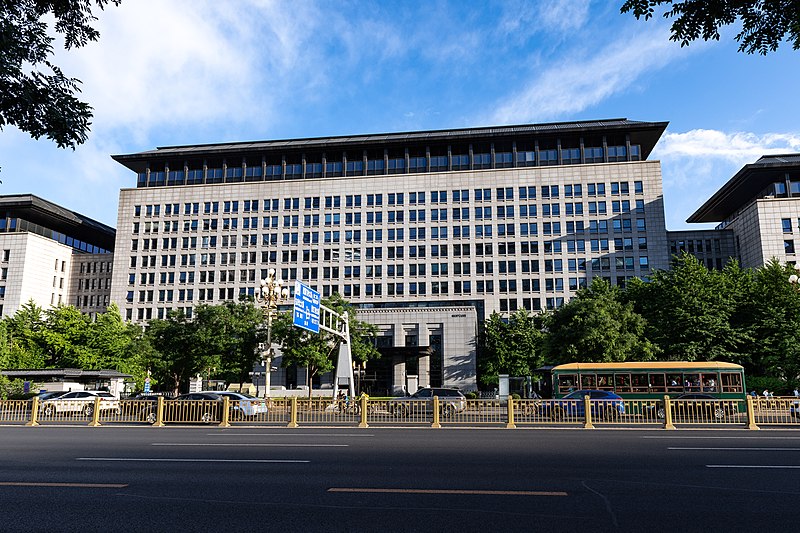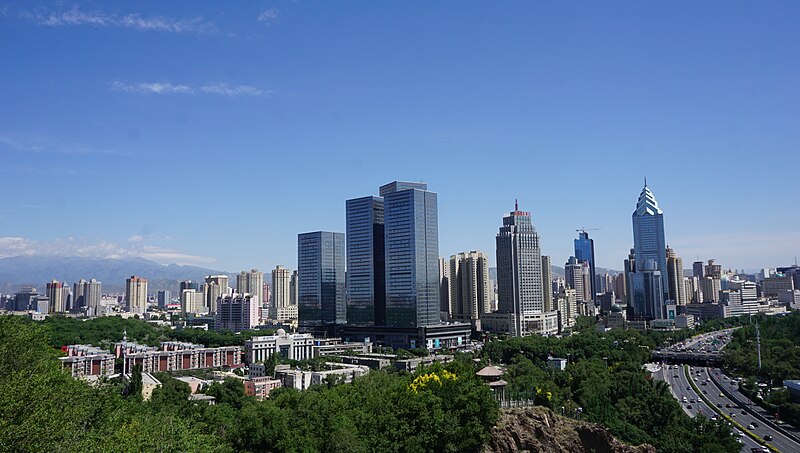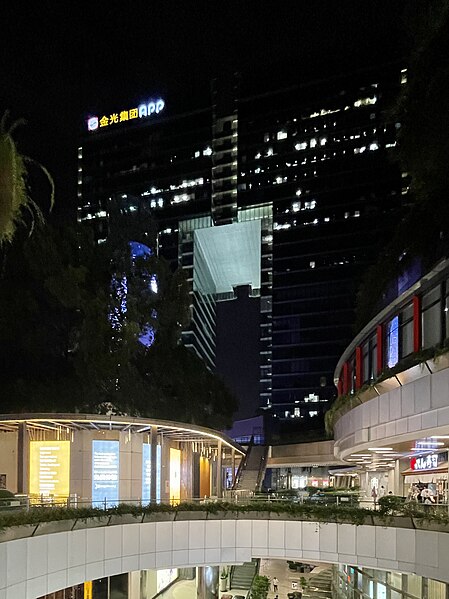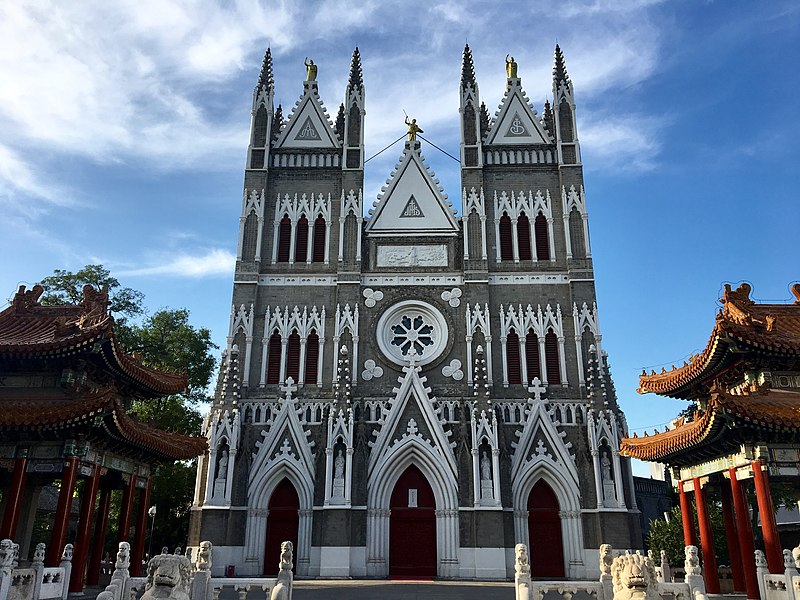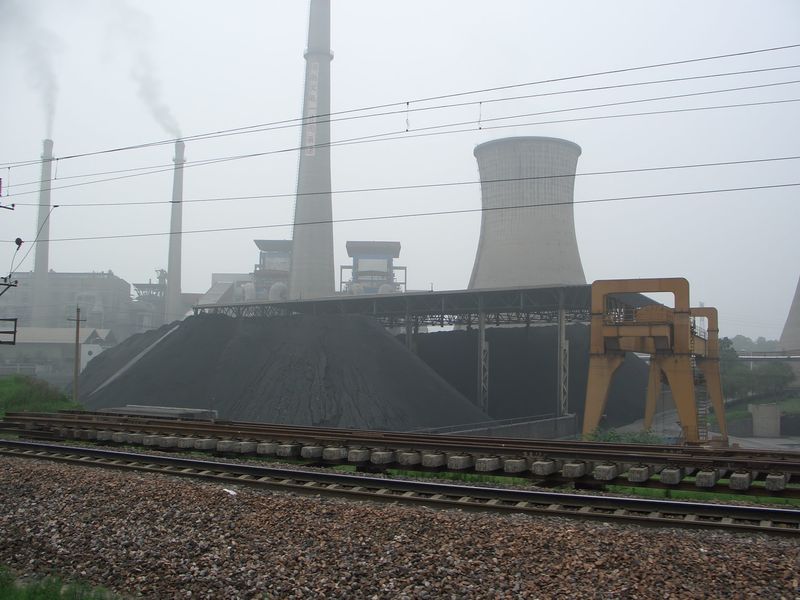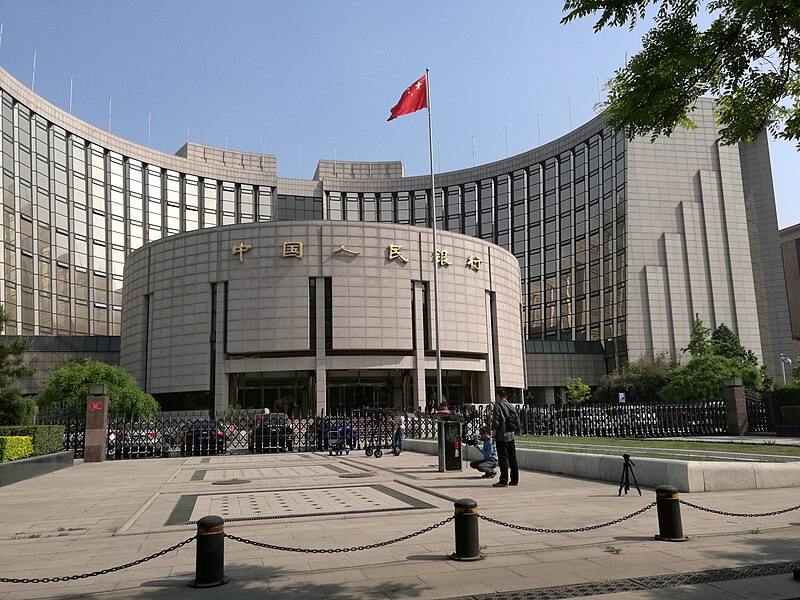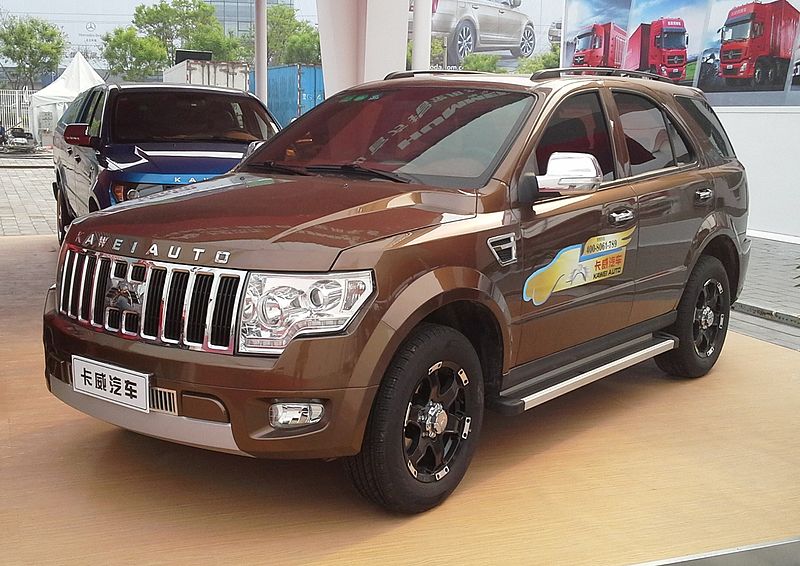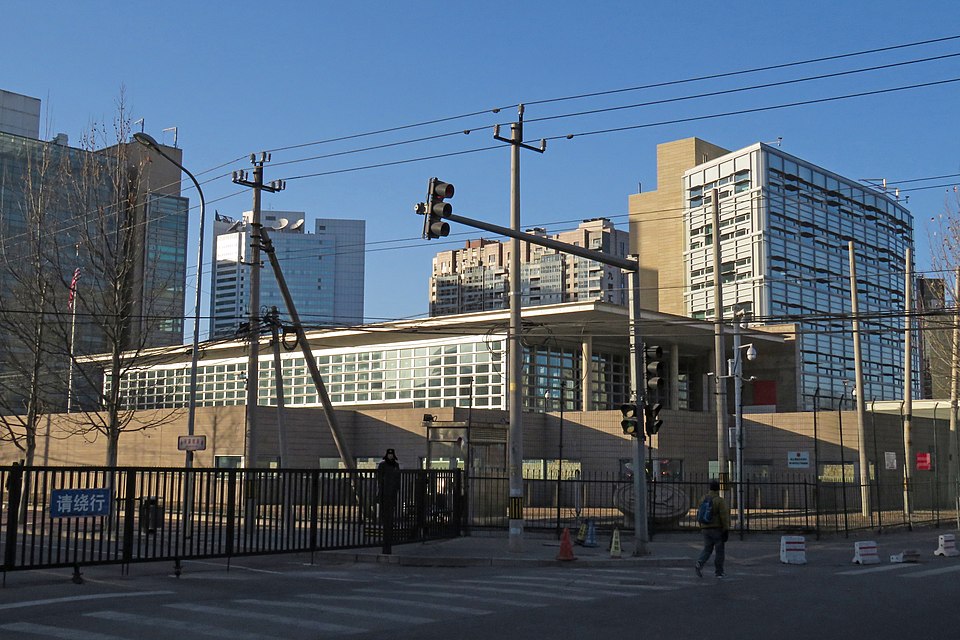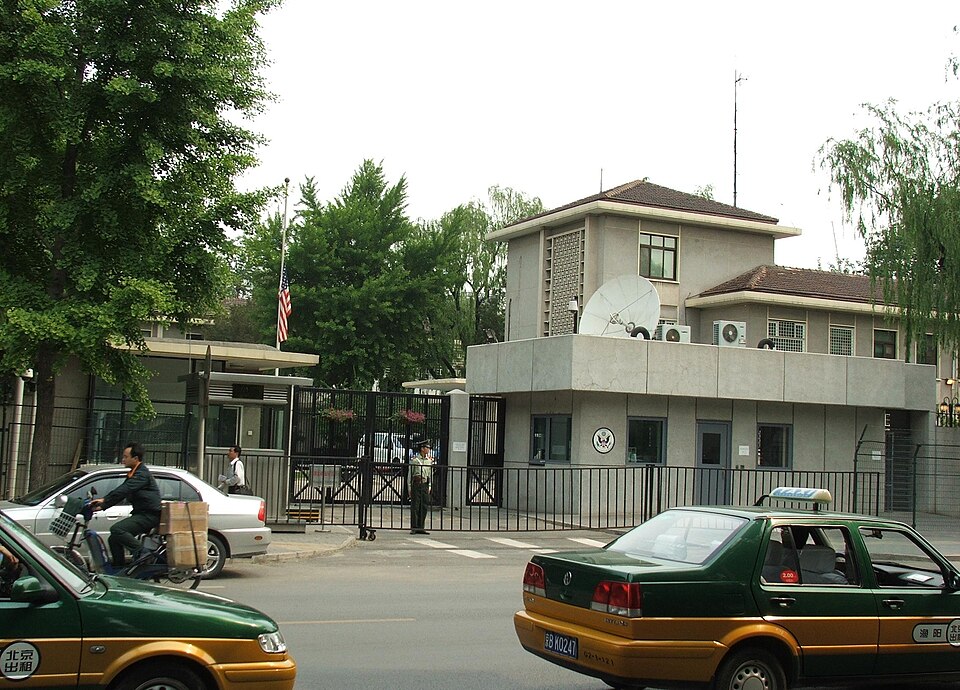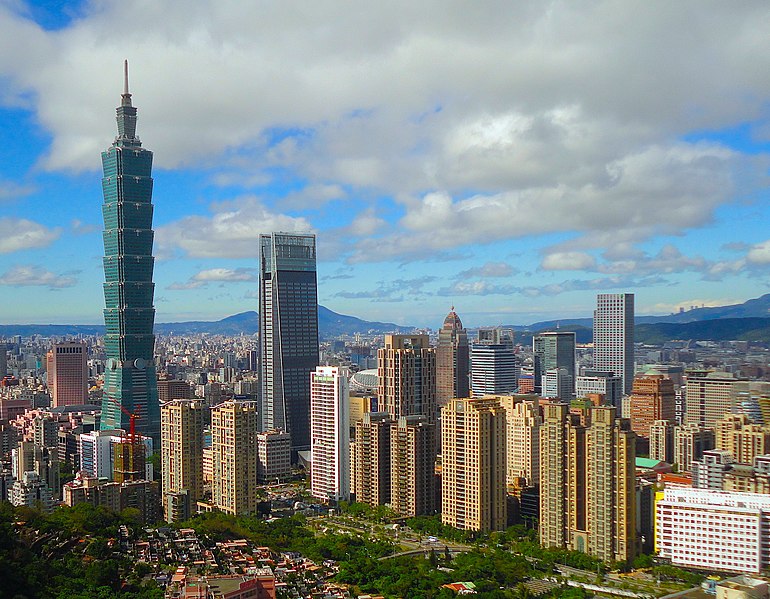
A former Taiwanese presidential candidate has been charged with corruption, dealing a significant blow to his political aspirations and the movement he represents. The 65-year-old is accused
of accepting $500,000 in bribes tied to a real estate deal during his tenure as Taipei's mayor and misreporting campaign finances during his bid for the presidency in January.
Prosecutors are seeking a prison sentence of up to 28.5 years. The indictment has cast a shadow over the political movement led by the former candidate, which had gained traction among voters seeking an alternative to the ruling Democratic Progressive Party (DPP) and the opposition Kuomintang (KMT).
The accused, who has denied the allegations, was arrested in September and remains in detention. Prosecutors announced Thursday that he is one of 11 individuals facing prosecution. Several members of his Taiwan People’s Party (TPP) have also been charged with misusing political donations.
During January's presidential election, the candidate emerged as a dark horse, securing over 25% of the vote, just behind DPP candidate Lai Ching-te’s 40%. Despite finishing last among the three main contenders, his performance underscored voters' growing appetite for a more diverse political landscape beyond the dominance of the DPP and KMT.
A former Taipei mayor, he rose to prominence by positioning himself as an alternative to Taiwan's two main political parties. He criticized the DPP for heightening tensions with Beijing, which views Taiwan as its territory, while accusing the KMT of excessive deference to China. His early support for the anti-Beijing Sunflower Movement in 2014 helped him secure his first mayoral term as an independent.
Re-elected in 2018, his administration shifted to enhance ties with mainland China, sparking debates over his evolving political stance. Known for his unconventional style, the candidate often courted controversy with blunt rhetoric and unorthodox campaign strategies, including starring in a rap video during his re-election bid.
After his loss in the presidential election, he pledged to continue his political career and hinted at another presidential run in 2028. However, the wave of corruption charges against him and his party raises questions about their future viability.
His arrest has ignited protests from supporters and allies, who accuse the ruling DPP of leveraging the legal system to suppress political opponents. Whether his political movement can recover from these setbacks remains uncertain. Photo by Heeheemalu, Wikimedia commons.
